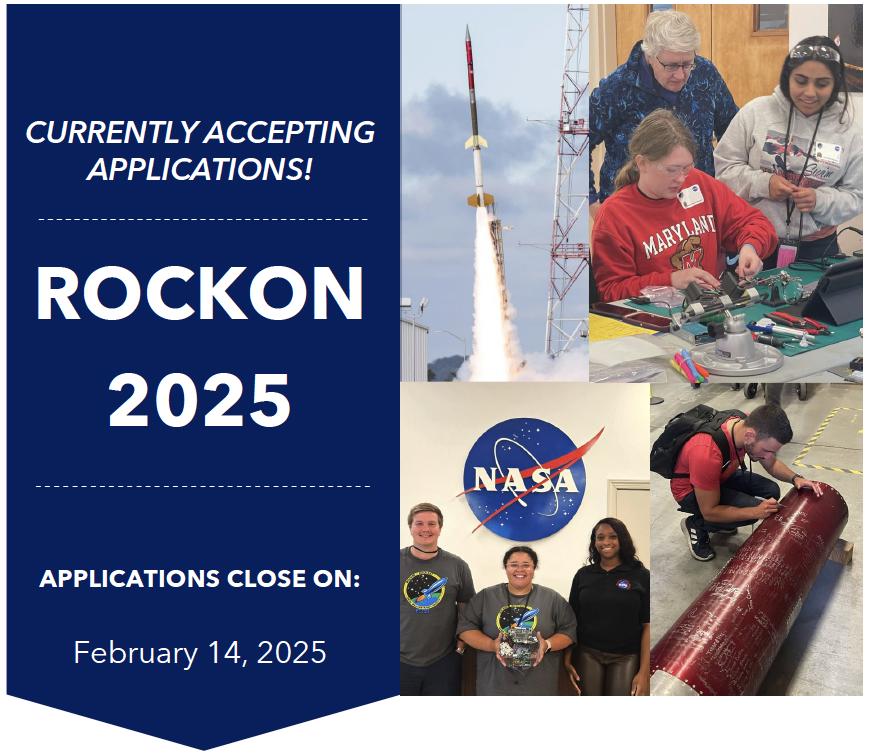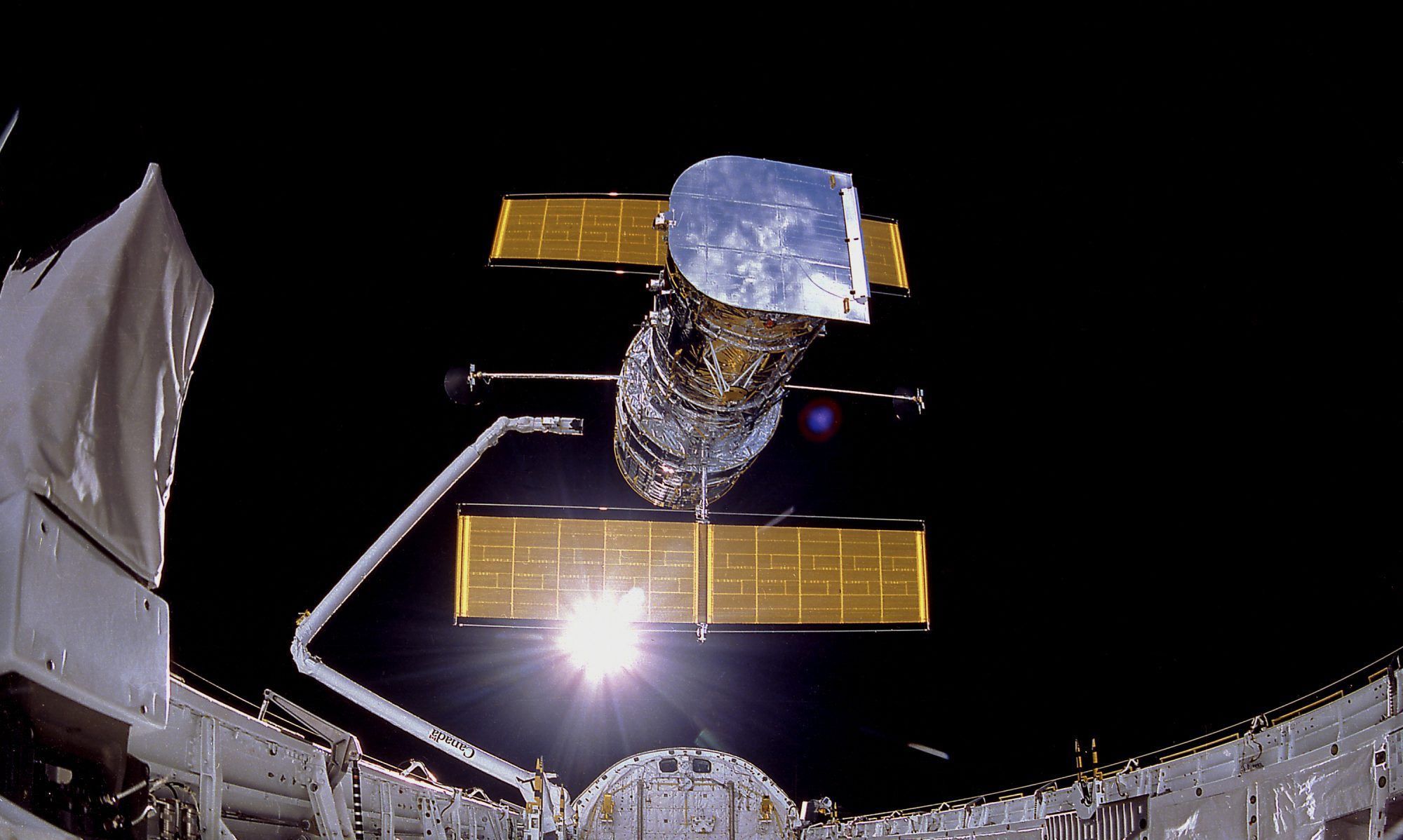The regular application deadline for Academic Year 2025-2026 scholarships was May 14, 2025. Any student may still submit an off-cycle application for consideration if funding becomes available. For information about the program and to apply, visit the MDSGC Scholarships page.
MDSGC Summer Exchange Internship Program
Internship placements for summer 2025 have concluded.
Each year, student interns are placed at participating MDSGC universities for a paid 10-week internship experience. Visit the 2025 Summer Exchange page to view information about this summer’s projects. The priority application deadline was March 5, 2025, with the application remaining open until the placement process concluded.
The MDSGC Summer Exchange program supports qualified students from participating universities to partake in hands-on summer internships at any of the other participating institutions. Interested students should contact the faculty coordinator (see below) at their home institution. Currently, the participating institutions and faculty coordinators are:
Capitol Technology University
Prof. Marcel Mabson
Hagerstown Community College
Prof. Ed Sigler
Morgan State University
Prof. Guangming Chen
University of Maryland, Baltimore County
Prof. Carlos Romero-Talamás
University of Maryland, College Park
Prof. Mary Bowden
University of Maryland, Eastern Shore
Prof. Abhijit Nagchaudhuri
Any questions may be addressed to the faculty coordinator at your institution or Matt Collinge at MDSGC.
RockOn Workshop – June 2025!

Update: The RockOn application for 2025 has closed. Congratulations to the Maryland teams who were accepted! This page will be updated when information about the 2026 application becomes available.
RockOn, a workshop at Wallops Flight Facility for sounding rocket payload design, is an exciting chance for faculty and students to kickstart payload projects at their home institutions. Participants in the workshop will build a working scientific payload and then see it launch on a real sounding rocket!
MDSGC intends to sponsor one or more teams for each year’s workshop and encourages Maryland students and/or faculty to submit applications for team sponsorship! For 2025, the RockOn application deadline was February 14, 2025. If you are interested for this year or an upcoming year, please visit NASA’s RockOn page to apply and also contact MDSGC to let us know of your interest.
Here is a summary of important information about RockOn 2025:
- Application deadline is 02/14/25 – but why wait?
- 1 faculty mentor from the applicant institution must be willing to attend.
- 2 students from the applicant institution must be able to commit to attending.
- Attending faculty and students must be U.S. citizens or permanent residents.
- Workshop dates are June 20-27, 2025.
- Location is NASA/Wallops, with hotels nearby in Chincoteague, VA.
- In order for you to participate, NASA must select your application – it’s not automatic.
- MDSGC will pay the workshop registration and travel costs for as many Maryland institutions/participants as possible, subject to the availability of funds.
